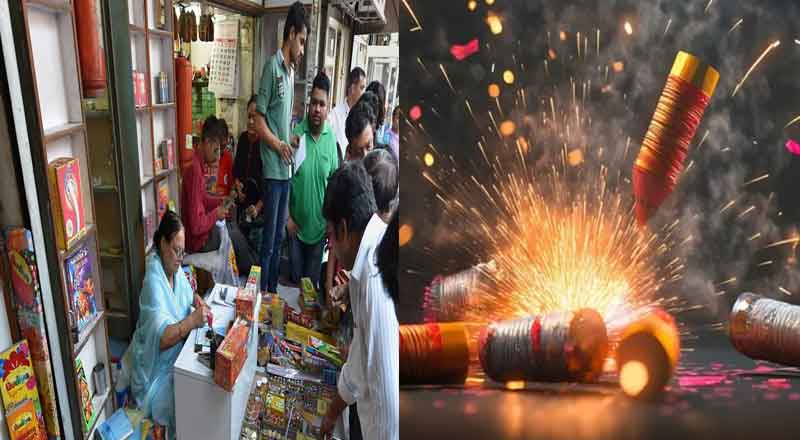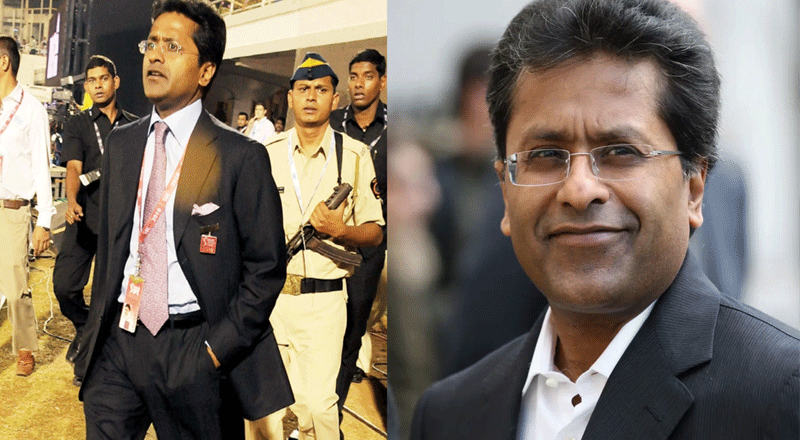Cracker-Free Diwali Aims to Curb Rising Pollution Levels as Delhi’s Air Quality Deteriorates
Delhi’s pollution levels have historically spiked around the festival of Diwali, primarily due to the widespread use of firecrackers. The festive celebrations, coupled with stubble burning in neighbouring states, have contributed to the city’s severe air pollution during the winter months. As a result, over the past few years, the Delhi government has implemented strict measures to reduce pollution, including repeated bans on firecrackers. This year, the government has extended the ban further, in an effort to improve air quality and protect public health.
Firecracker Ban in Place till January 2025
The Delhi government has imposed a comprehensive ban on the manufacturing, storage, sale, and use of all kinds of firecrackers across the National Capital Territory (NCT) until January 1, 2025. The ban, announced on Monday, also includes restrictions on selling firecrackers via online platforms.
In an official letter, the Delhi Pollution Control Committee (DPCC) instructed the Commissioner of Police to ensure that the ban is enforced. The letter emphasized that police should implement the order and submit daily action reports to the DPCC to ensure compliance.
Rising Pollution Triggers Ban
The decision to impose the ban comes in the wake of a sharp rise in pollution levels in Delhi following the Dussehra celebrations. The capital’s air quality, which was in the “moderate” category, slipped into the “poor” category. As of Monday, the Air Quality Index (AQI) stood at 228, reflecting unhealthy air conditions.
Delhi’s pollution levels typically worsen during the winter, when the city’s weather conditions trap pollutants closer to the ground. The city also faces a seasonal spike in pollution due to crop stubble burning in nearby states like Punjab and Haryana. The government hopes the firecracker ban will mitigate the situation as Diwali approaches, a period traditionally marked by a significant increase in pollutants.
Delhi Government Appeals for Public Cooperation
In a social media post, Delhi’s Environment Minister, Gopal Rai, urged citizens to cooperate with the ban to protect the city’s air quality. “With the increasing pollution during winter, the production, storage, sale, and use of firecrackers have been banned until January 1. We request cooperation from all Delhiites,” Rai said.
He further highlighted the urgency of addressing pollution ahead of the Diwali festival and has called for measures such as artificial rain to help curb the pollution crisis. Rai recently wrote to the Union Environment Minister, Bhupender Yadav, asking for an emergency meeting to explore cloud seeding during peak pollution periods.
A Recurring Measure to Protect Delhi’s Air
The firecracker ban is not a new policy for Delhi. The Supreme Court first imposed restrictions on firecrackers in 2017, following growing concerns about the severe health impacts of air pollution in the capital. In 2018, the court allowed the use of “green” firecrackers, which emit fewer pollutants, but the difficulty in distinguishing between green and conventional firecrackers led to a blanket ban on all firecrackers in 2020.
The Delhi government’s repeated bans are part of its larger effort to combat the city’s chronic air pollution, which poses significant health risks to its citizens, particularly during the festive season.
(With inputs from agencies)





